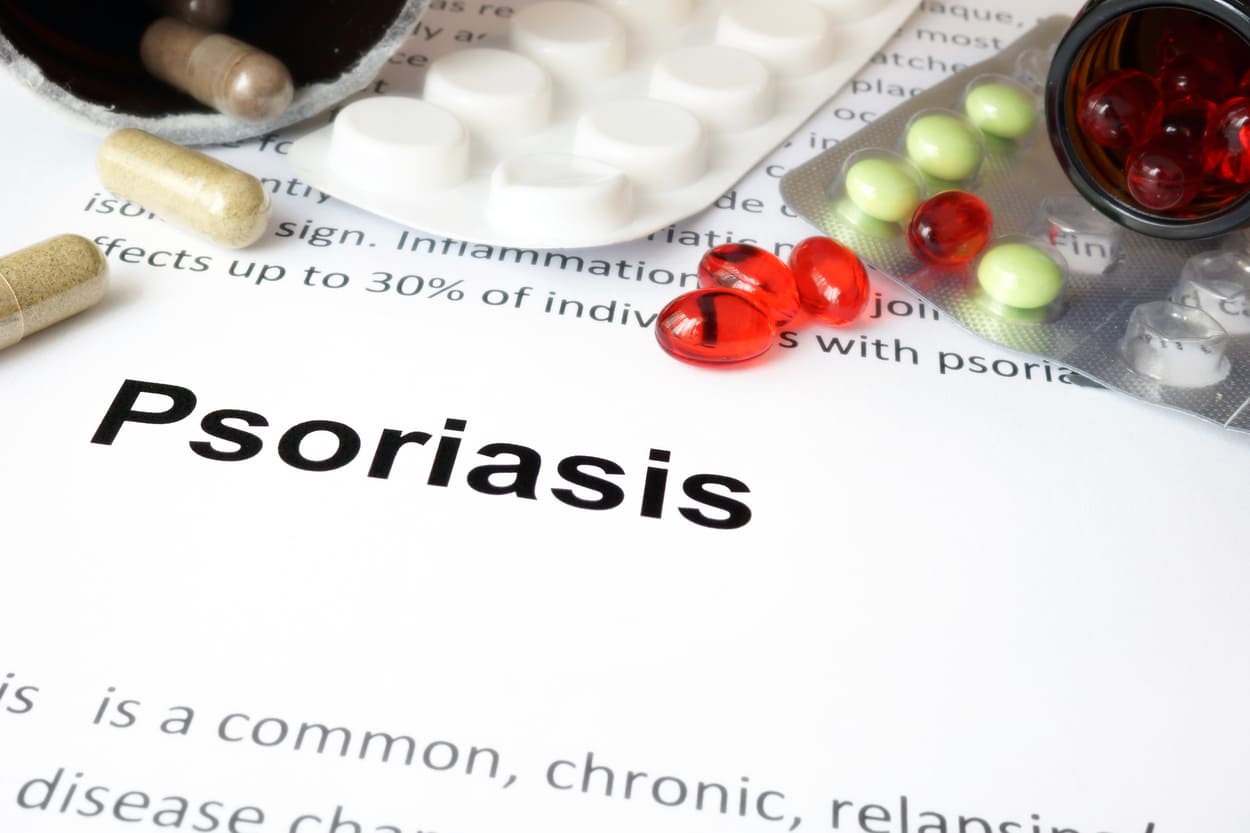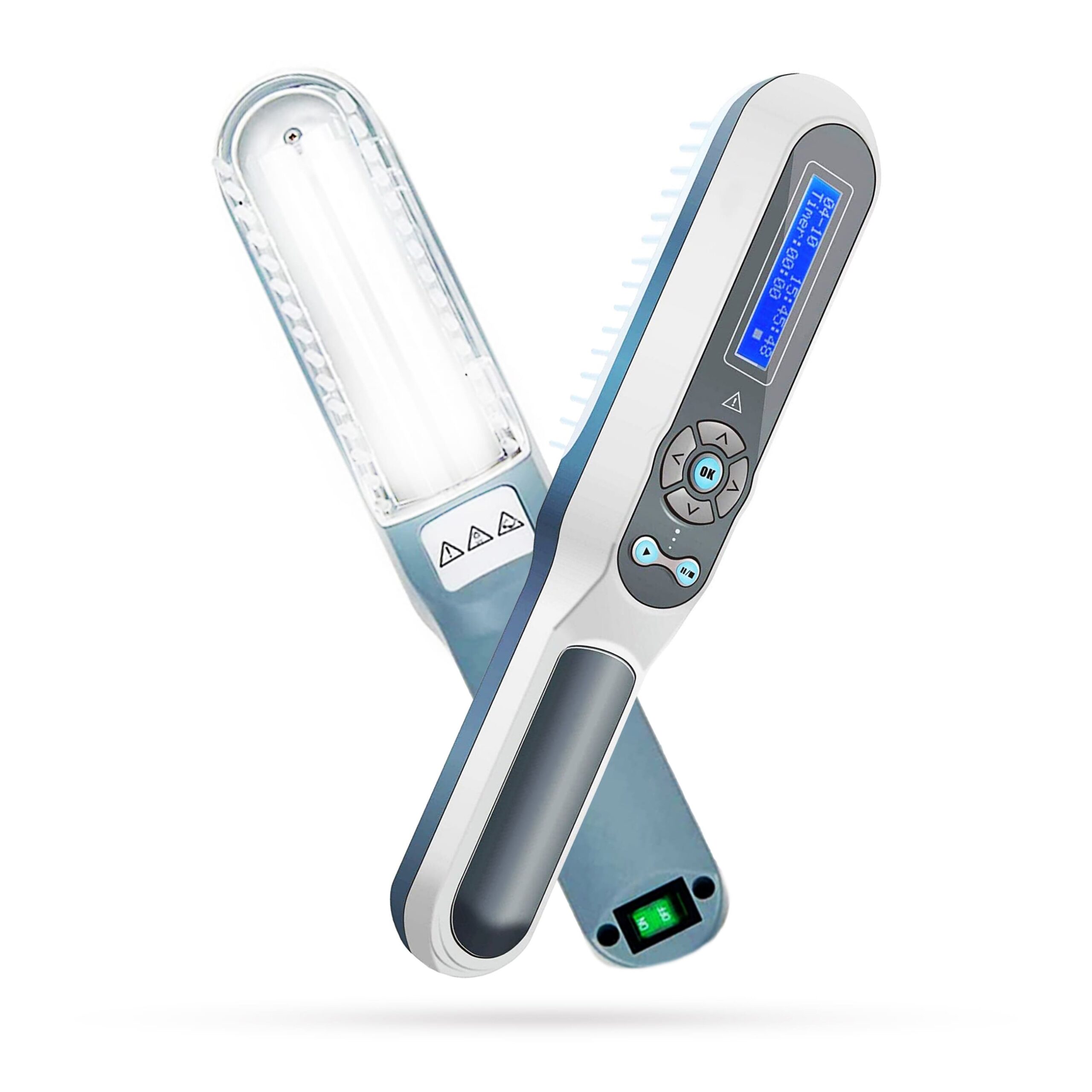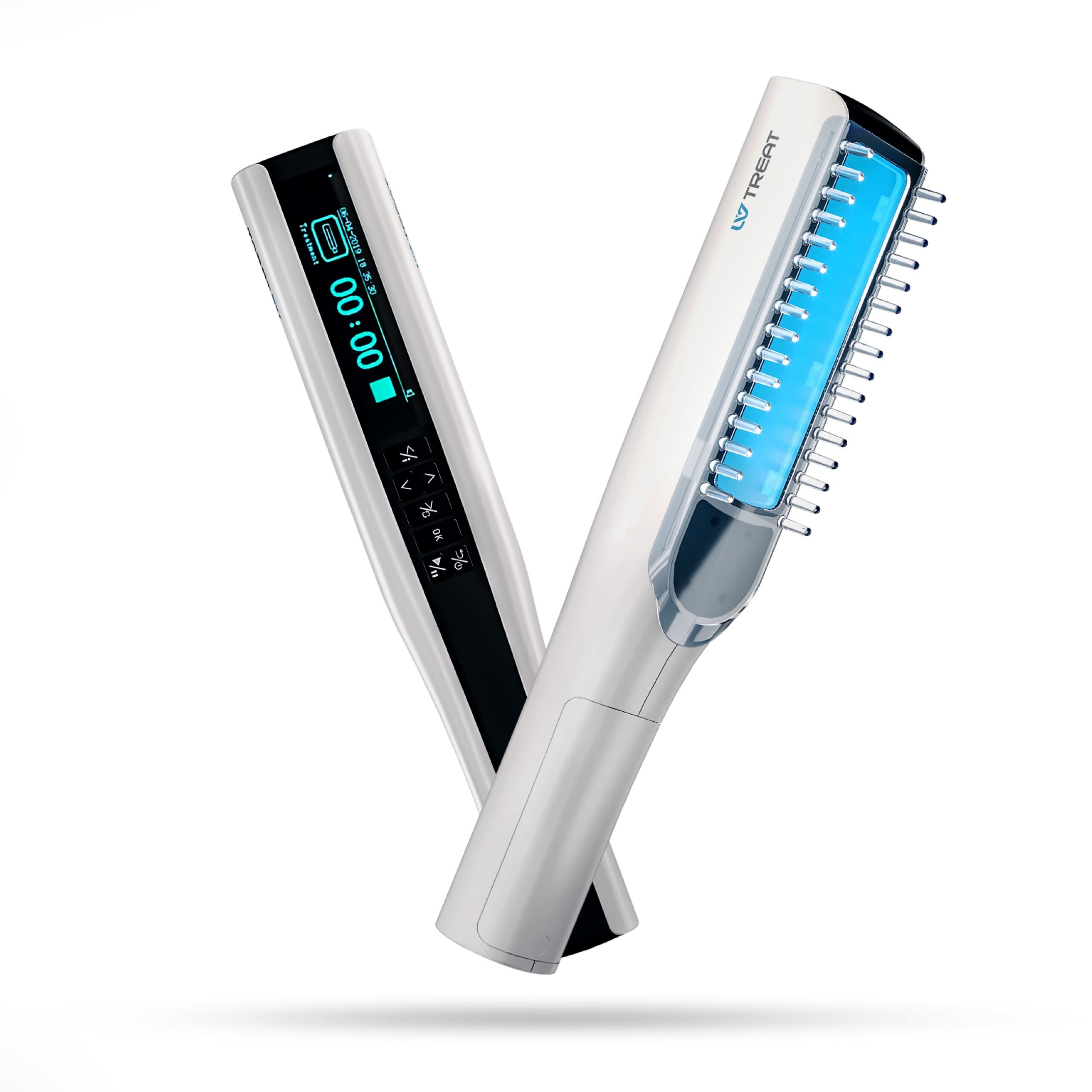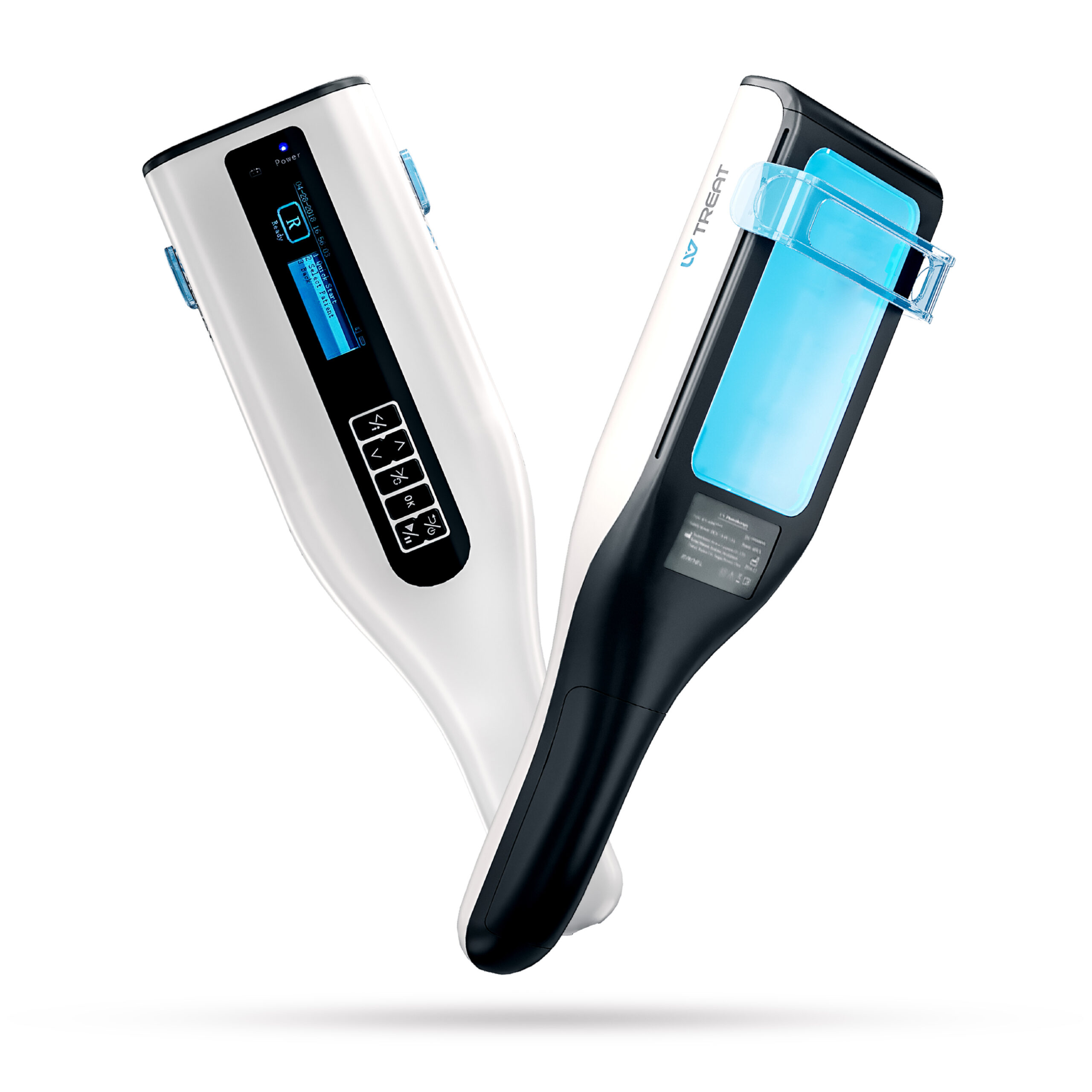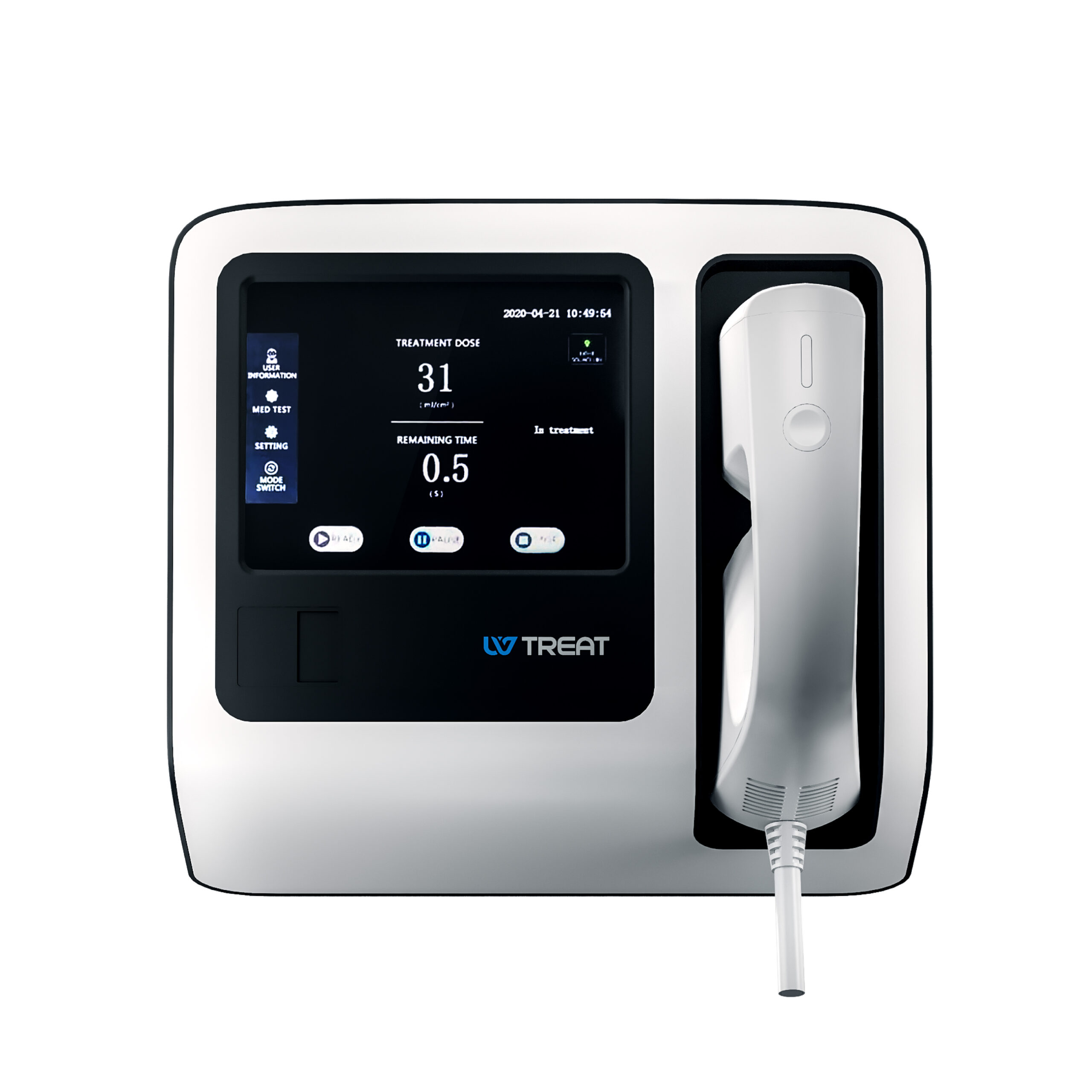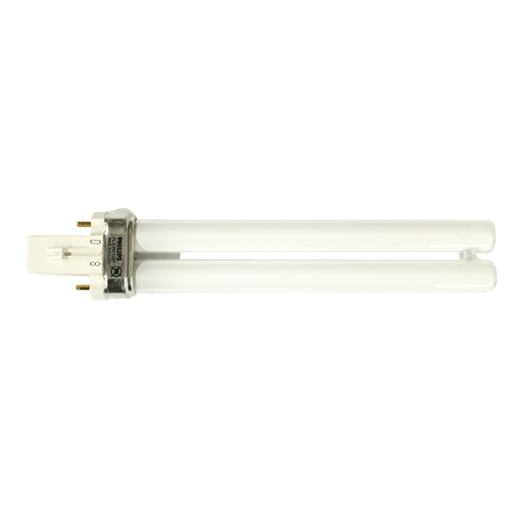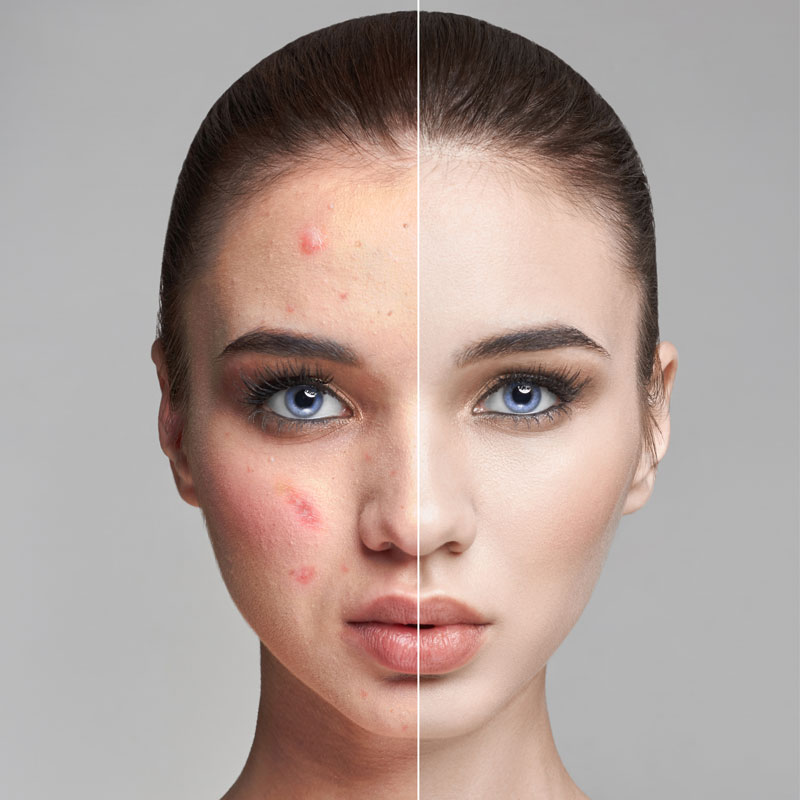Best OTC Treatments for Psoriasis
Over-the-counter psoriasis treatments include very accessible ways of symptom management and improvement of skin health. These range from salicylic acid and coal tar to hydrocortisone creams, moisturizers, and natural remedies like aloe vera.
Let us now delve into the details—item by item—of the most recommended over-the-counter treatment options for psoriasis:
It is a beta-hydroxy acid that has been applied to a lot of skincare products, especially for the treatment of psoriasis. [3] This acid, which is available in shampoos, creams, and ointments, enables dead skin cells to slough off. To that extent, salicylic acid becomes most effective against those scaly patches characteristic of this disease.
How Salicylic Acid Works
Salicylic acid is known to relax the keratin, a protein forming part of the skin structure. Its constant breakage in psoriasis keeps the scales and plaques in a broken state. It is called the keratolytic action of salicylic acid, making these scales more prone to washing out or being easily removable, thus decreasing the thickness and roughness of these skin patches. [4]
Moreover, the removal of these scales by salicylic acid enables better penetration of other topical medications into the skin, thereby enhancing their therapeutic potential.
Usage Instructions and Tips
Always use salicylic acid products carefully according to the labels. Massage it into the scalp and wait a few minutes when you use shampoos, then rinse thoroughly to allow an adequate window of time for the ingredients to take action.
Creams and ointments apply thin to affected areas, once or twice a day. It would also be good advice to follow these up with some moisturizer at all times because the skin has to be kept well hydrated and moistened to avoid dryness, which salicylic acid is sometimes going to aggravate.
Where to Buy Salicylic Acid Products
These are out in the market, available practically in most drugstores and markets, and on major internet stores like Amazon and Walgreens. Look for that exact label specifically for treating psoriasis to ensure you get the right formulation when you go buying.
Coal tar is the oldest treatment for psoriasis and is derived from coal. It is also in many over-the-counter products, including shampoos, soaps, and creams. [5] The anti-inflammatory and anti-pruritic, or anti-itch, properties of coal tar make it a staple in the management of symptoms caused by the condition.
How Coal Tar Works
Coal tar slows the growth of skin cells and other cells. This is how it works for psoriasis, a disease that occurs due to too much cell reproduction. Slowing down this rapid cell reproduction reduces the formation of new scales; this, in turn, reduces buildup from thick, scaly patches.
Coal tar also demonstrates some anti-inflammatory effects that help to soothe the skin, reducing redness or itching. [6] They are especially useful in treating plaque psoriasis and can be used on the scalp and body.
Usage Instructions and Tips
When using coal tar shampoos, apply them to wet hair, massage them into the scalp, and leave them on for the recommended time before rinsing. By doing so, it allows the active ingredient to work properly.
For soaps and creams, rub into the affected areas as directed, usually once or twice a day. Note that coal tar does have a smell to it and does stain, so be careful, and consider using old clothing or bedding to guard against this when using it.
Where to Buy Coal Tar Products
You will find such products that have coal tar in drugstores, health stores, Walmart, Amazon, and various online retailers. Be sure to search for those products specifically developed for psoriasis to derive maximum benefits.
Hydrocortisone creams are topical corticosteroids used to decrease inflammation and relieve a wide range of skin diseases, including symptoms of psoriasis. [7] Low-strength formulations are available over the counter and are often recommended for anti-inflammatory and anti-itch properties in many skin conditions.
The hydrocortisone creams also come as ointments, lotions, and gels for use on different types of skin or whenever psoriasis symptoms ask for them.
How Hydrocortisone Creams Work
Hydrocortisone creams work in a manner similar to that of cortisol, a naturally produced steroid by adrenal glands. Applied to the skin, hydrocortisone reduces inflammation by dampening the immune response, typically including symptoms of redness, swelling, and itching typical of psoriasis.
This will, therefore, help soothe flare-ups and relieve discomfort. However, even though effective, hydrocortisone creams should be used as a guide to avoid possible side effects such as thinning or irritation of the skin on long-term use.
-
Moisturizers and Emollients
Emollients and moisturizers are essential in treating psoriasis, for they help to soothe dryness and maintain skin hydration. [8] Such products come in many forms: lotions, creams, and ointments. Added ingredients include aloe vera, glycerin, and urea. Moisturizers and emollients are very important in maintaining the skin barrier and thus preventing the scaling and flaking seen in psoriasis.
How Moisturizers and Emollients Work
Besides lubricating the skin, moisturizers and emollients also form a lipid layer that prevents water loss from the skin and helps in locking moisture. This level of hydration is important in reducing dryness and scaling, which are common features of psoriasis. [9]
Ingredients like aloe vera will contribute some soothing and anti-inflammatory effects, while in these products, glycerin acts by attracting and holding the water within the skin. With regular use, these products soften and smoothen the skin, making psoriatic plaques less noticeable and more comfortable.
Usage Directions and Tips
Apply moisturizers and emollients to the skin immediately after bathing or showering when the skin is still damp. Apply this richly in affected areas and re-apply as needed throughout the day. The best of these products are those without added fragrances and dyes. These may be further irritating to sensitive skin.
Oatmeal bath flakes are a natural remedy applied to soothe and relieve a variety of skin conditions, with great effect on psoriasis. They are ground oatmeal and are added to the bath to create a soothing soak. [10]
Being something that is anti-inflammatory and moisturizing, oatmeal itself should hopefully be able to repair at least the damage brought about by the pesky condition called psoriasis, such as itching, redness, and irritation.
How Oatmeal Bath Works
Oatmeal bath flakes soothe the skin, reduce the number of itchy skin, and calm the irritation. [11] Additionally, the hydrating effect of the oatmeal bath flakes can also help in softening psoriatic plaques so that they are less conspicuous and more comfortable. Regular use of oatmeal baths improves skin barrier function, enhances healing, and promotes overall health in the skin.
Precautions in Using of Oatmeal Bath Flakes
Though oatmeal baths are generally safe, the water should not be very hot because hot water will dry the skin too much and may actually irritate the psoriasis. Be very careful when getting out of the bath, as the surfaces become smooth and slippery while in the water. Pat the skin dry with a soft towel instead of rubbing, which may further irritate the skin.
Where to Buy Oatmeal Bath Flakes
Most chemists, supermarkets, and online retailers stock oatmeal bath flakes. Be sure to select a product that is actually made for sensitive skin or offers additional relief for eczema concerns to ensure that they’re a good fit for your psoriasis-prone skin.
How to Read Labels and Choose Effective OTC Products
- Seek out products with psoriasis called out on the label specifically.
- Look for ‘Ingredient’ and the active ingredients listed above.
- Observe the concentration of the active ingredients, such as the percentage of salicylic acid.
- Choose products that have been dermatologically tested or approved.
- Always think about the type of skin you have and the condition for which you want the product.
Narrowband UVB Phototherapy for Psoriasis
Narrowband UVB phototherapy uses a specific wavelength of light (311-313 nm) that is most effective for treating psoriasis. [12] It penetrates the skin to slow down the overproduction of skin cells and reduce inflammation. [13] This targeted approach minimizes the risk of side effects compared to broad-spectrum UV light.
How Does Phototherapy Work
Phototherapy works by penetrating the skin with UVB light, which slows the growth of affected skin cells. This process helps to reduce plaques, scaling, and inflammation. Over time, regular exposure can lead to significant improvement in the skin’s appearance and comfort.
Benefits and Safety Considerations
The primary benefit of home phototherapy is the convenience of treating psoriasis without frequent trips to a clinic. Regular sessions can significantly improve skin condition, reduce scaling, and alleviate itching.
However, safety is paramount. Users must follow the prescribed dosage and exposure time to avoid burns and other skin damage. Protective eyewear is essential to prevent UV light from harming the eyes. Regular check-ups with a dermatologist are recommended to monitor progress and adjust treatment as needed.
Where to Buy a Narrowband UVB Phototherapy Device
You can buy a high-quality narrowband UVB phototherapy device from UVTREAT. These devices are designed to meet medical standards and provide effective treatment for psoriasis in the comfort of your home. Before purchasing, consult with a healthcare provider to ensure the device is suitable for your treatment needs.
Quality Sleep for Psoriasis
Sleep is a restorative process important for general health. During sleep, the body repairs tissues, consolidates memory, and regulates various body parts. Quality sleep can thus also help ensure one has a healthy immune system, which is rather important in managing chronic conditions like psoriasis. [14]
How Lack of Sleep Can Affect Your Body
Continued severe sleep deficiency could pose a serious threat to physical and mental health. Aside from weakening the immune system by drastically increasing the predisposition of an organism to different infections and inflammatory conditions, lack of sleep is also linked to increased stress, mood disorders, and diminished cognitive function. In psoriasis patients, it aggravates symptoms and hinders the effective management of the disease.
When to See a Doctor
Although over-the-counter treatments may be enough to help any given individual cope with mild to moderate psoriasis for now, there are always going to be times when you will need to seek professional advice on the matter. If the symptoms don’t appear to improve or actually worsen after using OTC products regularly for some time, then it might be time to see a doctor.
Moreover, if one has a severe itch, is in pain, or if the psoriasis is highly progressive/fast-spreading, that is an indication that more advanced treatment might be necessary. Other symptoms, such as joint pains, that may indicate psoriatic arthritis, are also reasons to seek a health professional.
Conclusion
In conclusion, effective management of psoriasis can significantly improve the quality of life, and over-the-counter treatments offer accessible solutions for relief. Options like salicylic acid, coal tar, hydrocortisone creams, and moisturizers provide various benefits, from reducing inflammation to enhancing skin hydration.
Oatmeal bath flakes and natural remedies also play a vital role in soothing irritated skin. However, selecting the right products and using them consistently for optimal results is essential.
For more information on managing psoriasis and personalized treatment recommendations, don’t hesitate to contact UVTREAT. Our experts are here to help you find the most effective solutions for your skincare needs.
